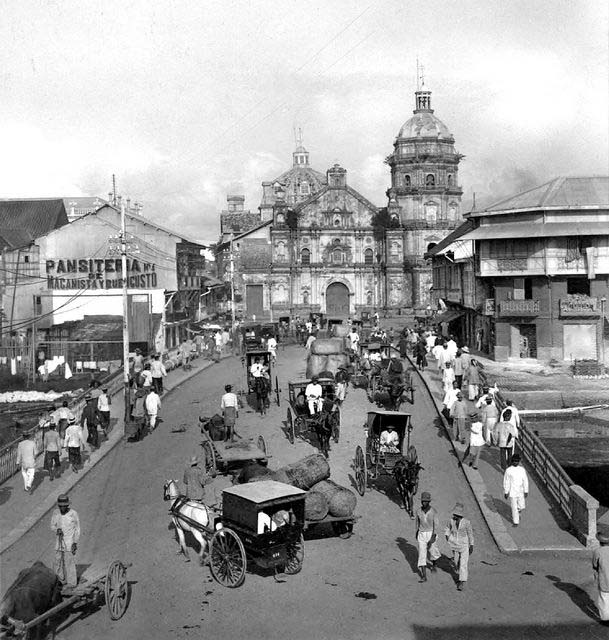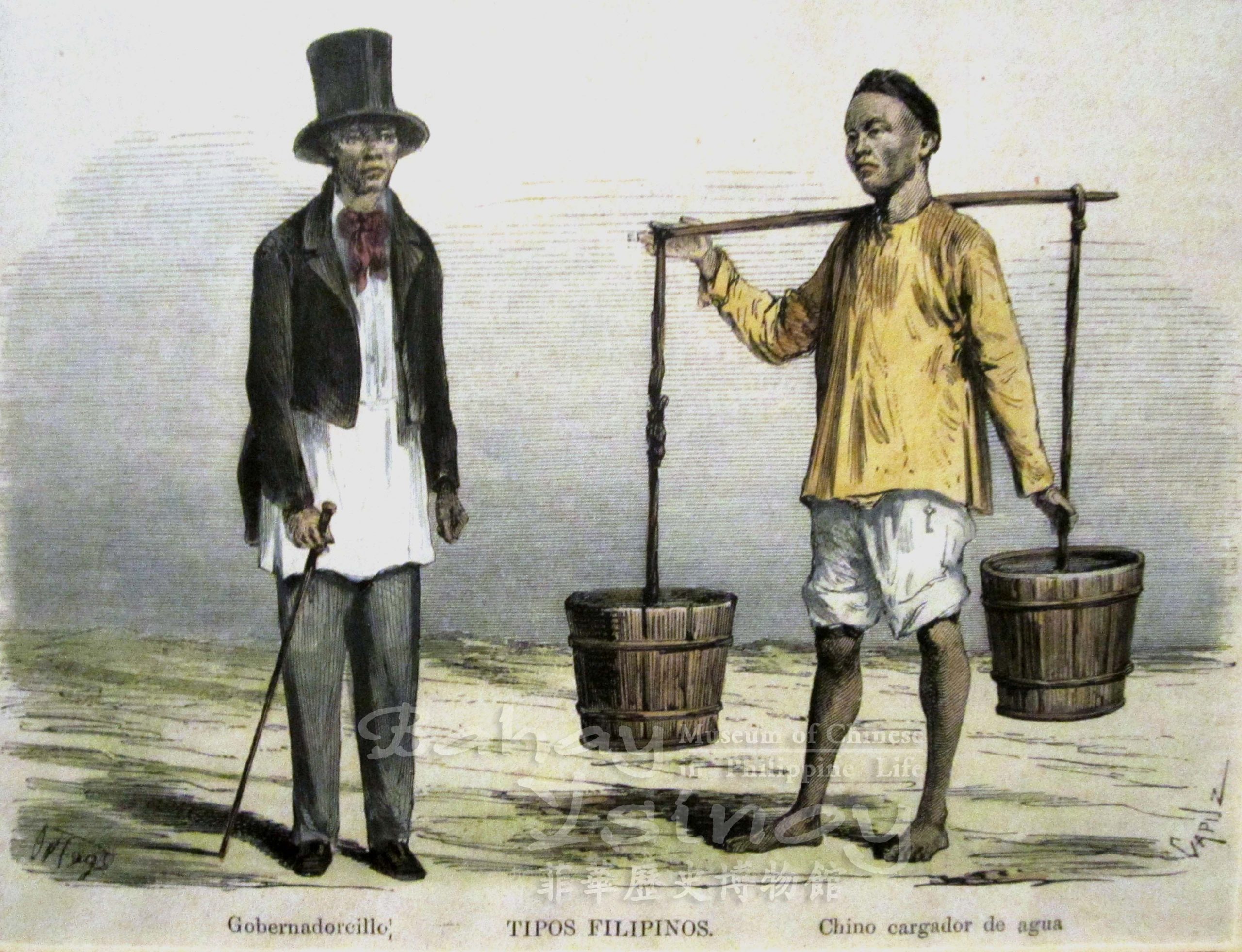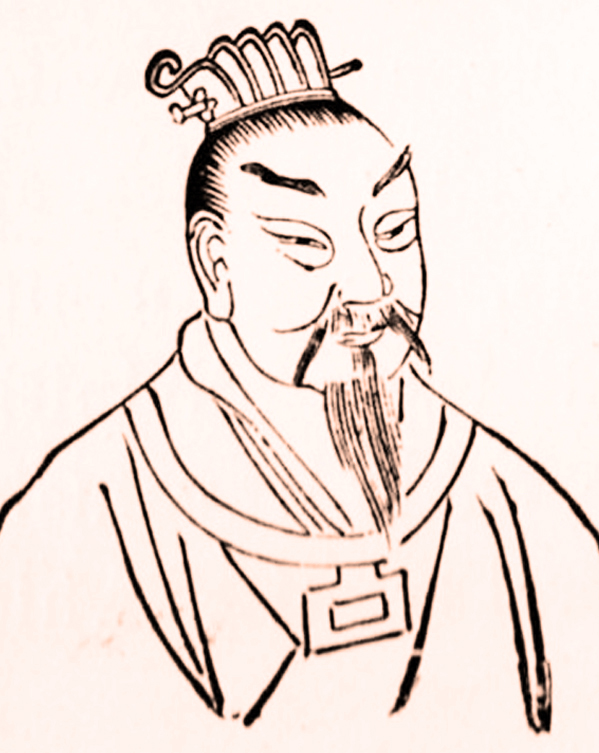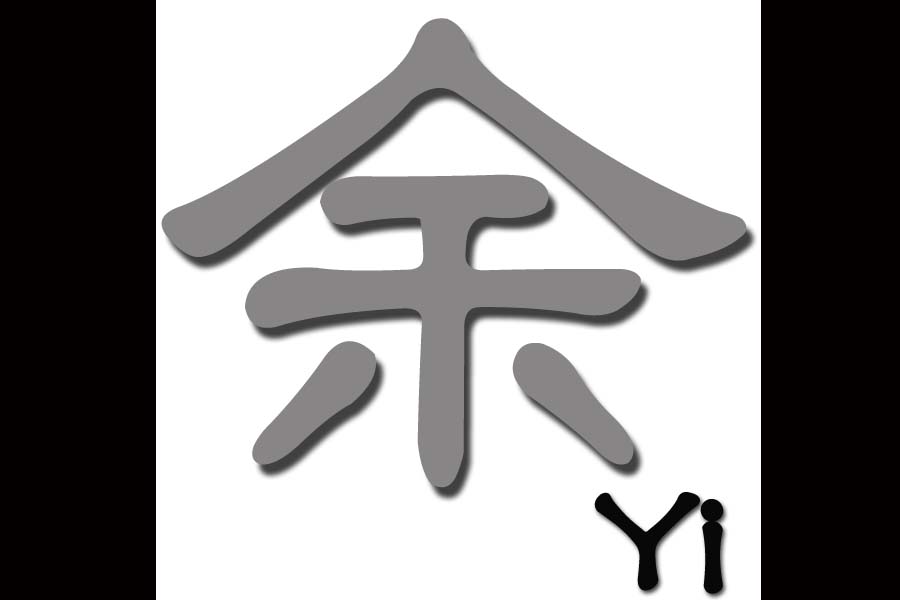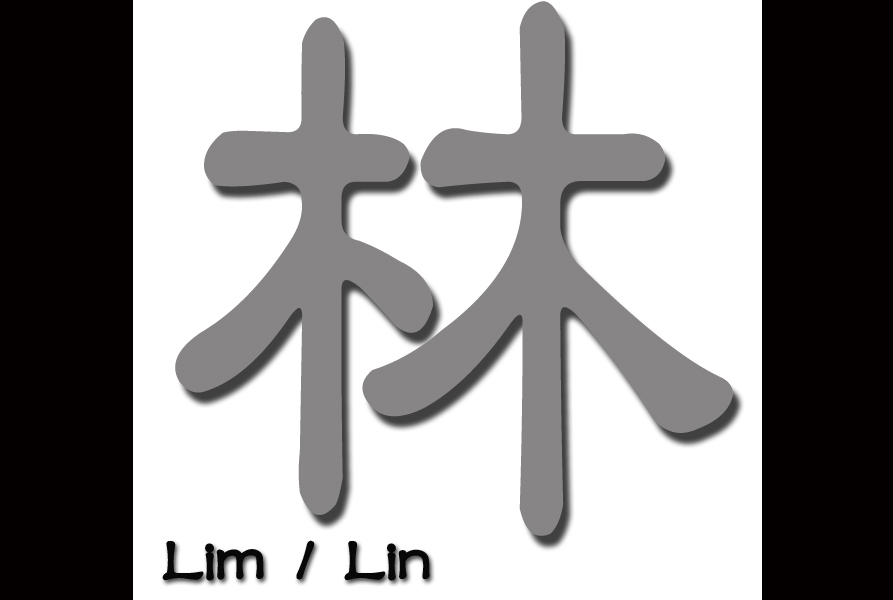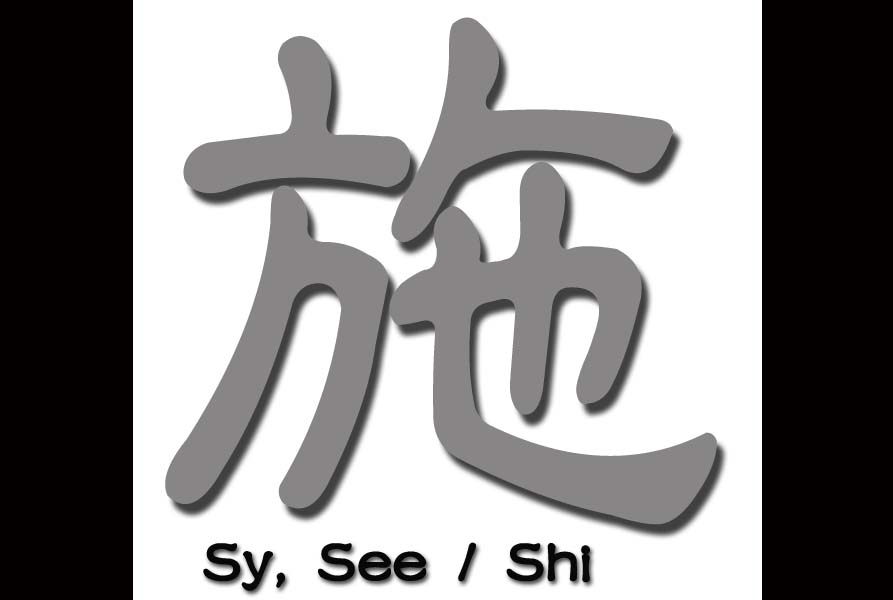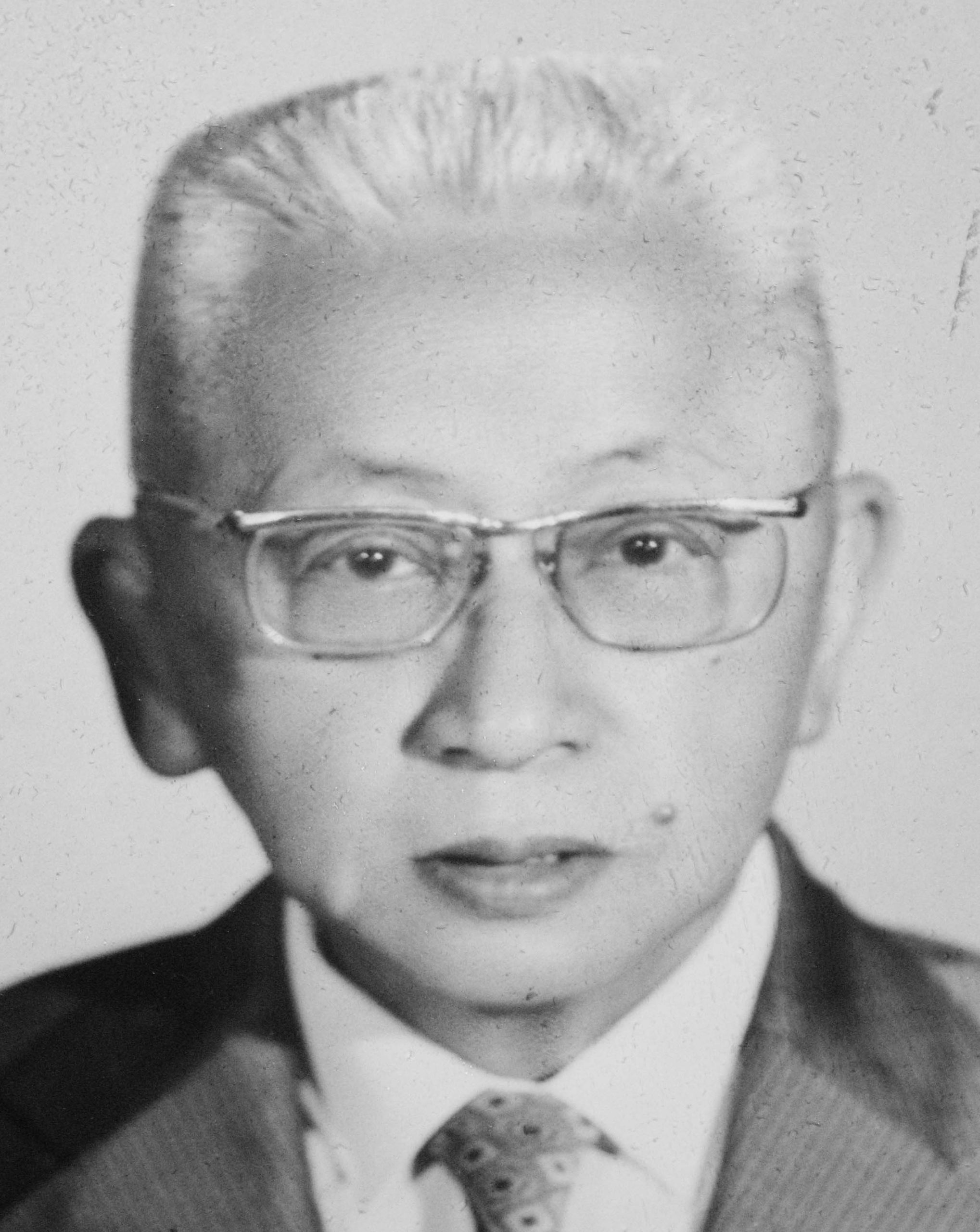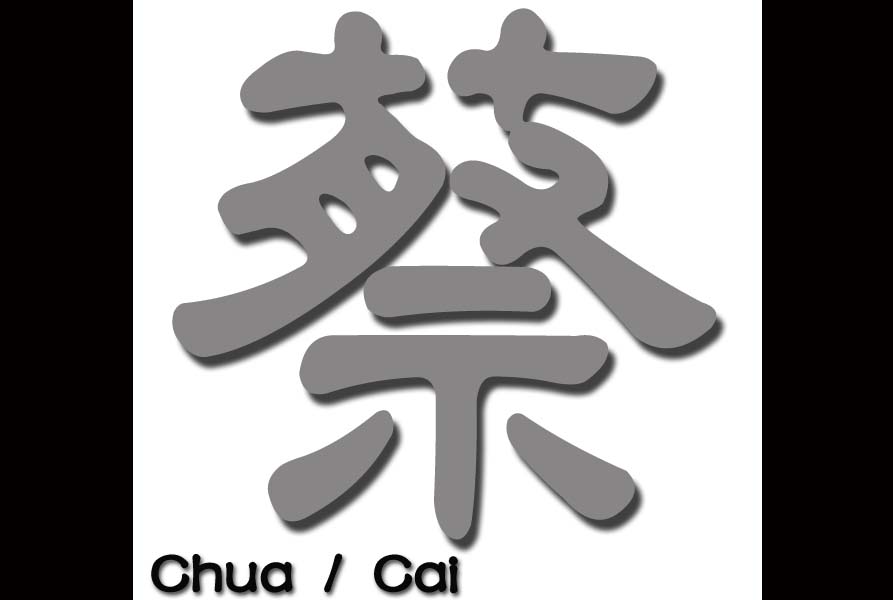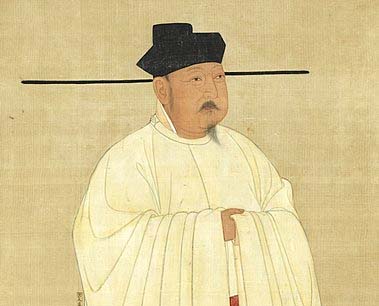In 1948, a few years after the close of World War II, the number of the Chinese in the Philippines decreased in proportion to the country’s total population. Of the 121,702 Chinese in the Philippines, 2,126 were cooks and 963 were carpenters. Interestingly, there were 1,114 Chinese bankers, 1,669 domestic helpers, 181 family drivers, 99 […]
1948 Chinese occupations
